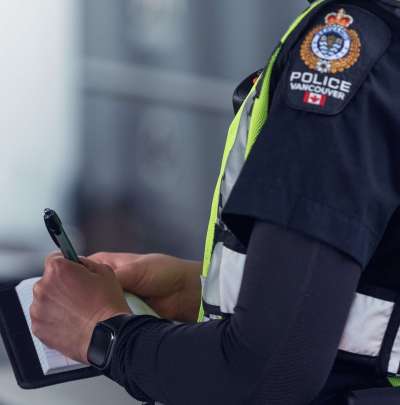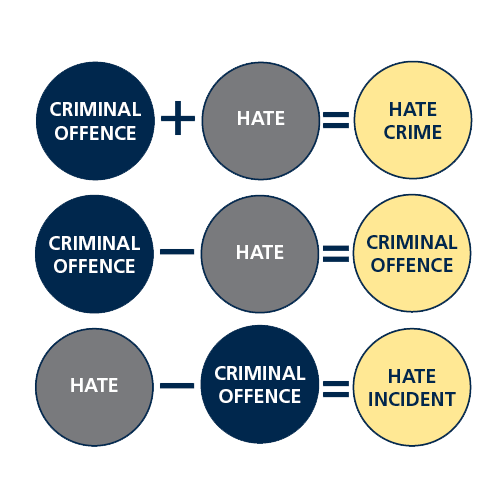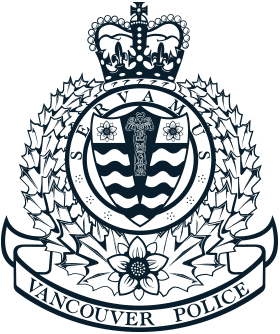A hate crime is a criminal offence against a person or property that is based upon the victim’s race, national or ethnic origin, language, colour, religion, sex, age, mental or physical disability, sexual orientation, or gender identity or expression, or any other similar factor.
We are committed to making Vancouver safe for everyone, and we encourage you to report a hate crime if you are a victim or witness.
If you have experienced a hate incident that may not be considered a crime in the Criminal Code, we would still like to hear from you.
Some people may be hesitant to make a police report for different reasons, including their immigration status. Please see our VPD Guidelines regarding witnesses, victims, or complainants who may be concerned about the disclosure of their immigration status.
Language options available at the top right via Google Translate.

Diversity, Community & Indigenous Relations Section (DCIRS)
Vancouver Police Departments DCIRS, examines police files to determine if bias, prejudice and/or hate based incidents have occurred. They also provide support to victims through the VPD Victim Services Unit and engage in community outreach to raise awareness. They can be reached by email at vpd.diversity@vpd.ca.

What is a Hate Crime?
A criminal offence committed against a person or property that is motivated by hate, bias, or prejudice, against an identifiable person or group based on race, national or ethnic origin, language, colour, religion, sex, age, mental or physical disability, sexual orientation, gender identity/expression, or any other similar factor.
What is a Hate Incident?
An incident where the suspect is motivated by hate, bias, or prejudice against an identifiable person or group, but it does not meet the threshold of a criminal offence.
Examples: name-calling, racial slurs, derogatory terms, or distribution of material promoting prejudice
Are You a Victim of a Hate Crime or Incident?
- Call police immediately
- Stay calm
- Write down the details of the incident
- Keep all relevant evidence, such as videos, photos or screenshots of social posts
Canadian Charter of Rights and Freedoms
Section 2 of the Canadian Charter of Rights and Freedoms outlines the following fundamental freedoms:
- freedom of conscience and religion;
- freedom of thought, belief, opinion, and expression, including freedom of the press and other media communications;
- freedom of peaceful assembly; and
- freedom of association.
Hate speech is not protected by the Charter.
Why is it Important to Report?
Reporting is a key step to ending the cycle of hate. The police cannot investigate if they are unaware. By making a report, the incident can be addressed immediately, and victims can be connected to services and supports they need to feel safe.
How to Report a Hate Crime
If you experience hate, prejudice or bias:
- Call 911 if your immediate safety is at risk
- If there is no immediate safety risk, and you saw the suspect, or there is physical evidence of an offence, call our non-emergency line at 604-717-3321
- Report anonymously by calling BC Crime Stoppers at 1-800-222-8477 or visit their website at bccrimestoppers.com
Try to keep all related materials and information, including texts and videos, and write down all the details of what happened.
Hate Propaganda
Two sections in the Criminal Code of Canada deal with hate propaganda:
Section 318 – Advocating genocide
Genocide is the intent to destroy, in whole or in part, any identifiable group by killing members or deliberately “inflicting on the group conditions of life calculated to bring about its physical destruction.”
Groups can be identified by colour, race, religion, national or ethnic origin, age, sex, sexual orientation, gender identity or expression, or mental or physical disability.
Section 319 (1) – Public incitement of hatred and 319 (2)
Every one who, by communicating statements in any public place, incites hatred against any identifiable group where such incitement is likely to lead to a breach of the peace.
Section 319 (2) – Wilful promotion of hatred
Every one who, by communicating statements, other than in private conversation, wilfully promotes hatred against any identifiable group.
Definition of Mischief to Religious Property
Section 430(4.1) of the Criminal Code of Canada is used to specifically address crimes against places of worship.
Every one who commits mischief in relation to property that is a building, structure or part thereof that is primarily used for religious worship, including a church, mosque, synagogue or temple, or an object associated with religious worship located in or on the grounds of such a building or structure, or a cemetery, if the commission of the mischief is motivated by bias, prejudice or hate based on religion, race, colour or national or ethnic origin.
VictimLinkBC
VictimLinkBC is a toll-free, confidential, multilingual service available across B.C. and the Yukon, 24 hours a day, seven days a week, and can be accessed by calling or texting 1-800-563-0808 or sending an email to VictimLinkBC@bc211.ca.
They provide information and referrals to all victims of crime, and immediate crisis support to victims of family and sexual violence, including victims of human trafficking exploited for labour or sexual services.
VictimLinkBC provides service in up to 150 languages, including many North American Indigenous languages.
VPD Victim Services
VPD Victim Services staff are not police officers. They are civilian employees with specialized training in emotional support, crisis intervention, and communication skills, and with education in areas such as psychology and social work.
Staff are available to provide free and confidential support to victims, witnesses, and family members affected by crime and trauma.


